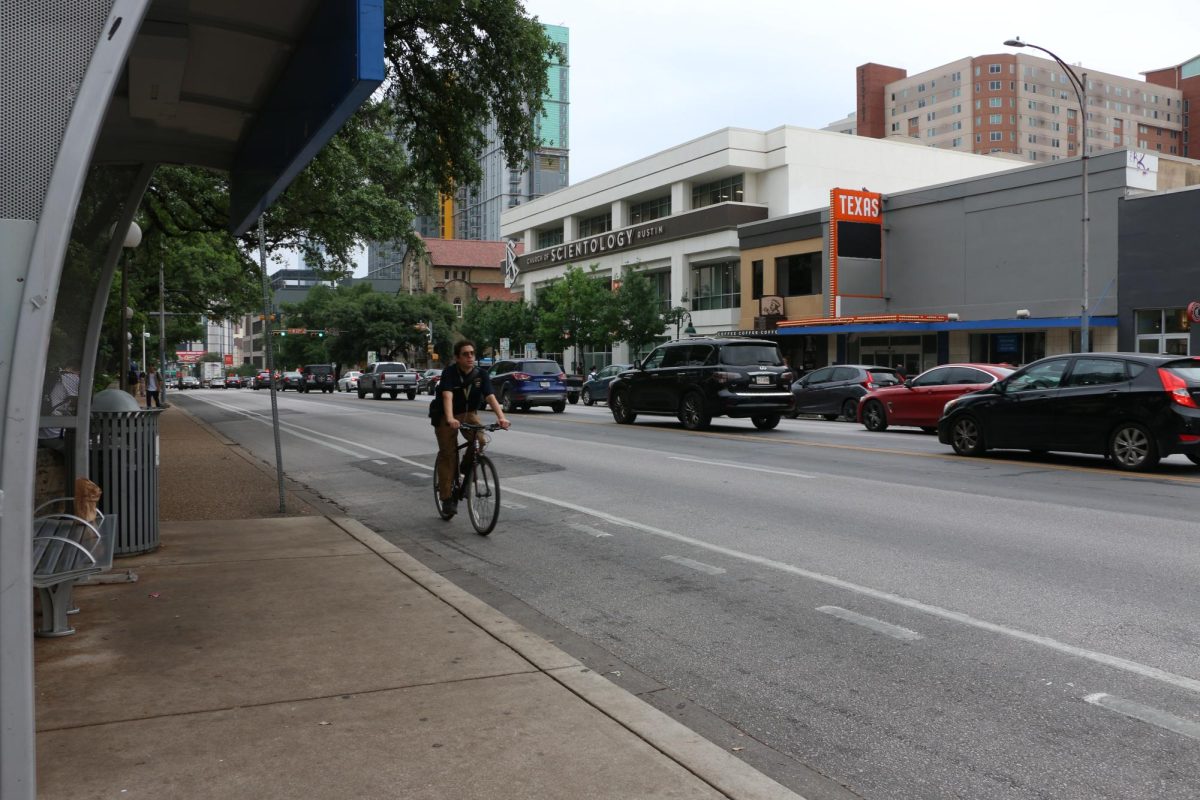Student Government members are trying to increase student action against a city code change, proposed in November, which may further limit the number of students who can legally live together in a house.
If Austin City Council passes the change, the number of unrelated adults who may live together in duplexes and single-family houses would be reduced from six to four. These high-occupancy houses are also known as “stealth dorms.” The council approved the proposed change on its first reading — though the council must hear the change twice more before it is finalized — but suggested that an economic study be conducted to assess the proposed change’s impact on area housing affordability. The council will hear a second reading of the proposed amendment at its meeting Thursday.
The SG-city relations task force has been developing legislation against the proposal since the beginning of the semester, according to Jordan Metoyer, urban studies and economics senior who founded the task force. According to Metoyer, SG has attempted to educate students about the issue and increase their involvement in the city’s decision-making process. SG will pass a resolution against the change on Tuesday, said Metoyer.
“Students want to have a seat at the table about these decisions and policies that affect students for generations to come,” Metoyer said.
Mayor Pro Tem Sheryl Cole said, because the proposed change has a potentially large impact on students, she will attend the SG meeting Tuesday to give students information and gather more student input.
“I had really felt like students had not had a voice in this discussion, and I thought that they should,” Cole said.
Advertising senior Robert Svoboda created an online petition against the code change, which had more than 1,100 signatures as of Monday.
“We said that we’re [going to] get students on board with this issue, and there were students involved in this, but there wasn’t a unified media or even a Facebook group that was really capturing all of the stakeholders and voices that are being affected by this problem,” Svoboda said.
Svoboda, who is also part of the SG task force, said he regrets that SG did not garner student involvement earlier.
“This is something that has been talked about for a very long time,” Svoboda said. “It would have been more proactive for students to fight this and advocate on behalf of students earlier in the process because that could have really made a difference. It’s really come down to the last minute.”
Svoboda said he thinks apartment complexes are a better alternative to “stealth dorms” to solve the Austin housing affordability problem.
“Down the road, multi-family housing is probably more vital,” Svoboda said. “Putting more people on a piece of property is going to be more effective long-term.”




















